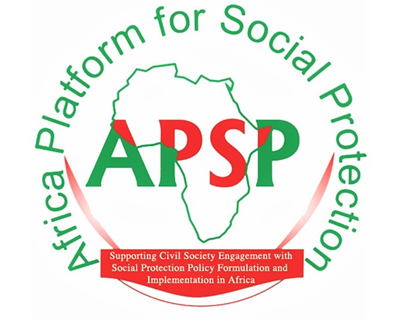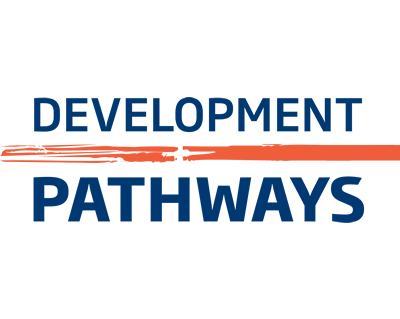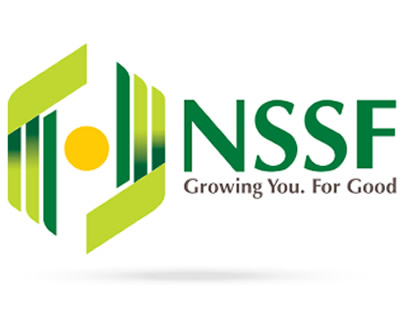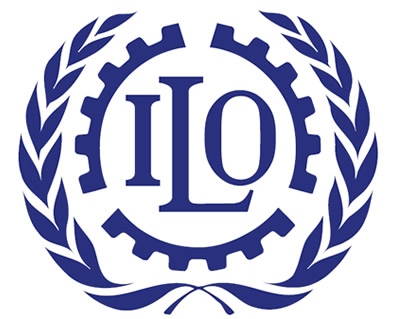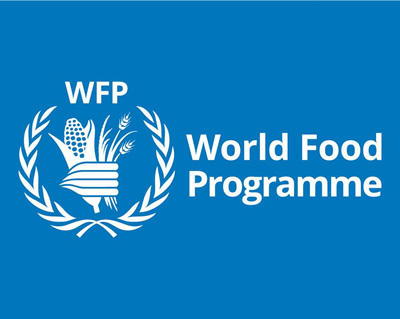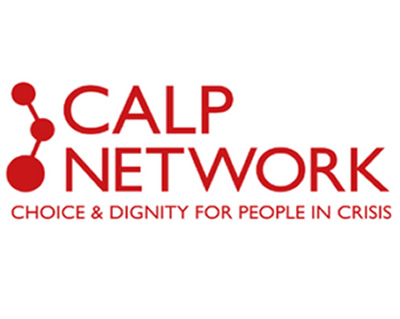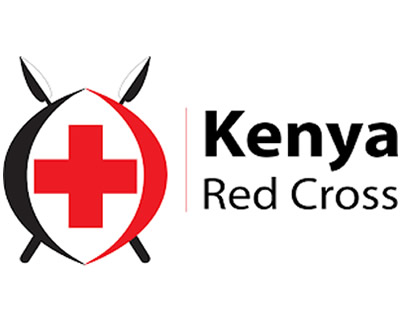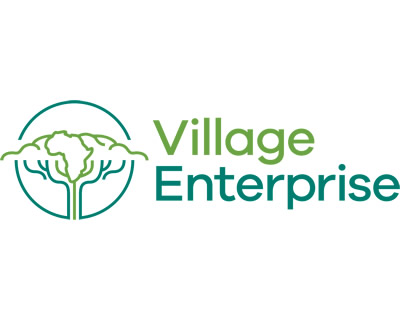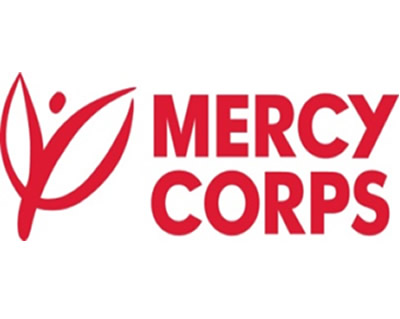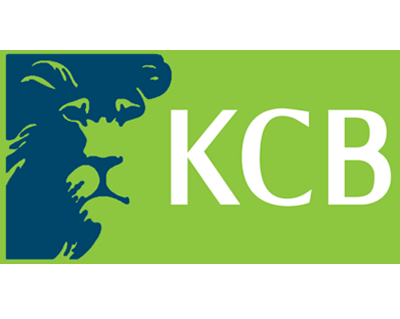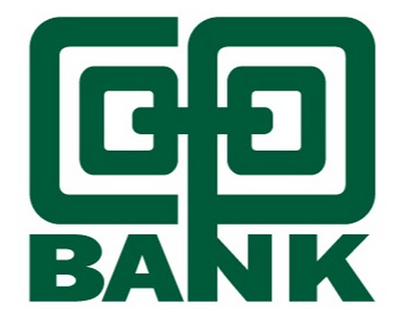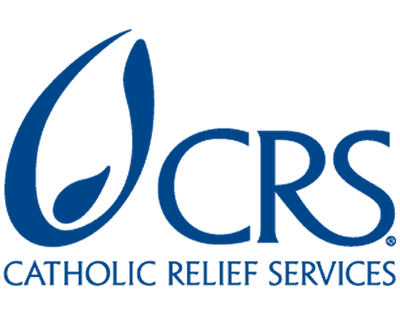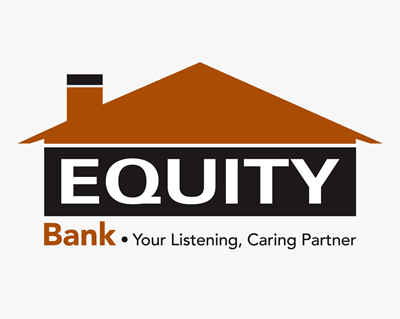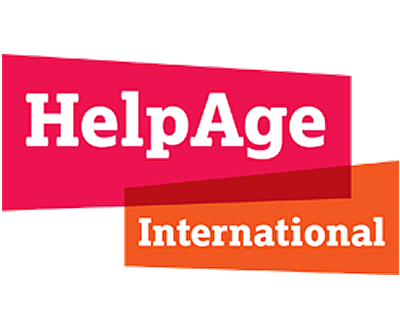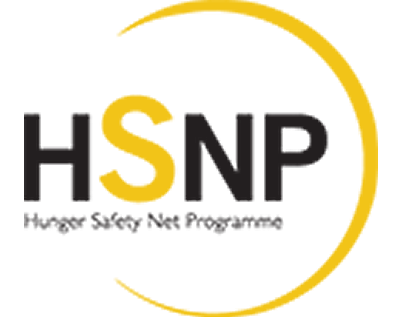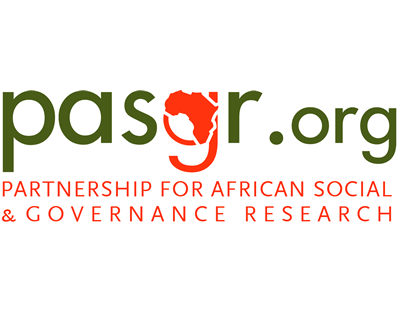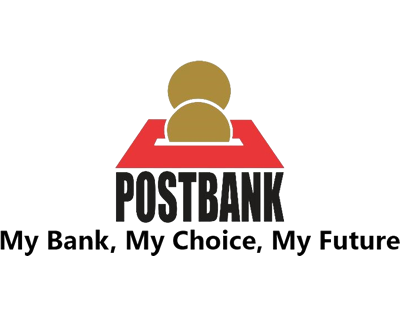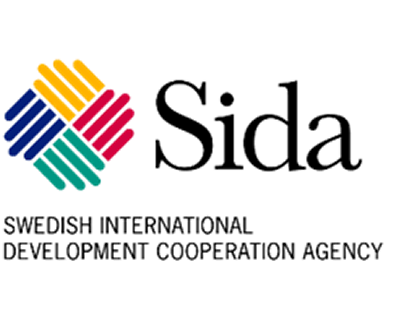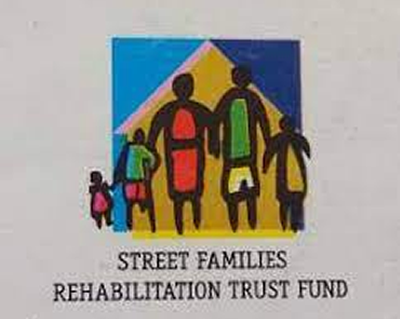Partners
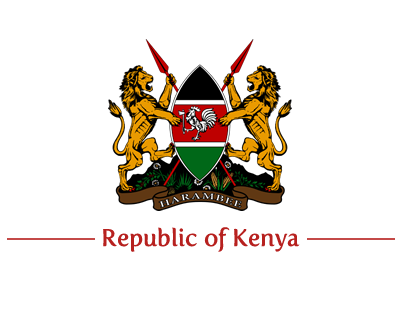
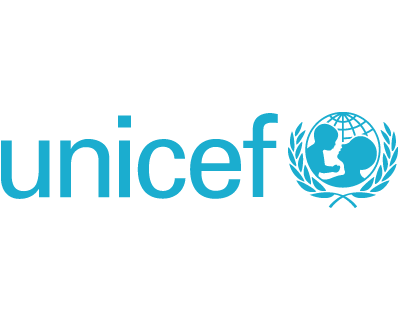
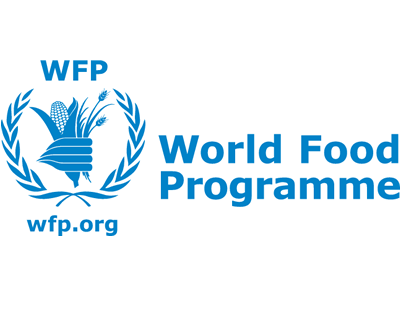
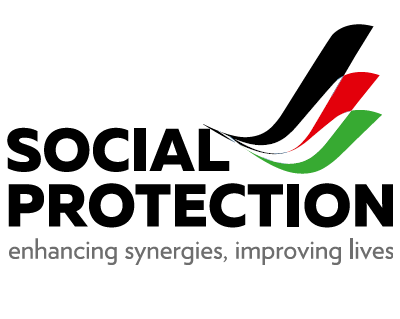
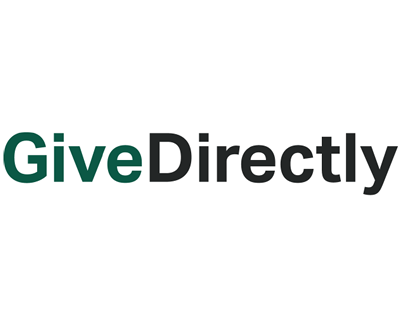
GiveDirectly is the largest NGO dedicated exclusively to delivering unconditional cash transfers to some of the world’s poorest people. We have an established record of operational achievement and in less than a decade became an influential player in the poverty-reduction and humanitarian space. We believe people living in poverty deserve the dignity to choose for themselves how best to improve their lives — cash enables that choice. To date, we have delivered $624M+ of digital cash transfers to 1.48M+ recipients in 11 countries while conducting 19 RCTs on the impact of unconditional cash transfers. Since launching Kenya operations in 2011, GiveDirectly has transferred $94M to 500K+ recipients. We have successfully implemented a variety of programs, including lump sum cash transfers of $1,000USD in rural areas, one of the world’s largest UBI experiments, and entrepreneurship grants to youth in the informal settlements of Nairobi. Today, we work in Baringo, Kilifi, Homabay, Bomet, Siaya, and Nairobi counties.
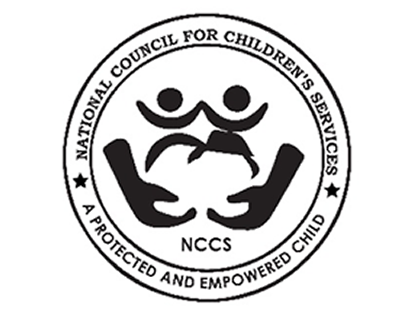
The National Council for Children’s Services (NCCS) is a State Corporation established under section 41 of the Children Act 2022.
The Council was first established in 2002 under the now repealed Children Act, 2001 and aligned to the Mwongozo Guidelines of State Corporations through the Statute Law (Miscellaneous Amendment) Act No. 11 of 2017.
Mission: To regulate, supervise, advise, coordinate and mobilize resources for the realization of the rights and welfare of the child

Around the world, too many children start life at a disadvantage simply because of who they are and where they come from.
Millions of children are dying from preventable causes, face poverty, violence, disease and hunger. They are caught up in war zones and disasters they did nothing to create. And they are denied an education and other basic rights owed to them.
All children deserve better.
We champion the rights and interests of children worldwide, putting the most vulnerable children first.
UNHCR leads international action to protect people forced to flee because of conflict and persecution. We deliver life-saving assistance like shelter, food and water; help safeguard fundamental human rights; and develop solutions that ensure people have a safe place to call home where they can build a better future
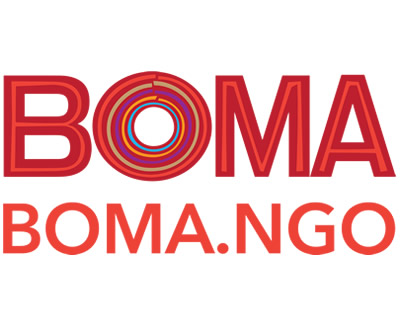
BOMA is a non-governmental organization (NGO) registered in Kenya and the US working at the intersection of climate change, extreme poverty and gender inequality. Our goal is to support extreme poor people in last-mile communities of the ASALs of Africa to be economically self-sufficient and resilient to shocks and stressors, including climate change. Find out more on www.boma.ngo.
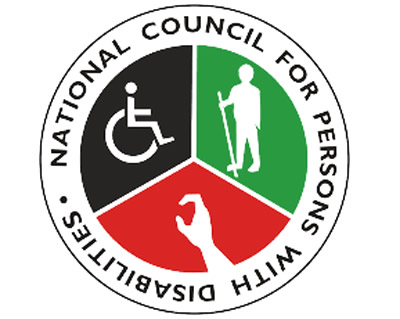
The National Council for Persons with Disabilities is a state corporation established by an Act of Parliament; the Persons with Disabilities Act No. 14 of 2003 and set up in November 2004. The Council representation is drawn from key government Ministries and organizations of/for persons with disabilities.
To promote and protect equalization of opportunities and realization of human rights for PWDs to live decent livelihoods.
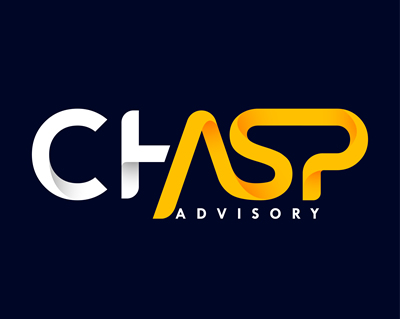
CHASP Advisory - We are a development think-tank that generates evidence that lead to important development and humanitarian investments. Our practice allows us to test what works in different contexts, and to generate insights, and observations that would be useful for improving delivery of diverse development programmes. We support governments and development agencies to collect, analyze and transform data and information into actionable insights – that accelerate linkages and promote learning and innovation in the Development sector.
The Africa Platform for Social Protection (APSP) is a pan African network of organizations operating at grassroots, national and regional levels, with a commitment to promoting and strengthening the social contract between states and citizens.
To achieve this, the APSP promotes active engagement of National Platforms in the shaping of Social Protection policies, programs, and practices in Africa.
Development Pathways is the leading global consultancy specialising in designing and developing social protection systems - one fundamental way that governments can guard people from poverty and vulnerability.
Our team has delivered hundreds of projects for governments, the UN and many other clients from Brazil to Vietnam since 2010. Since then, our offices in London and Nairobi have grown considerably and we have recently expanded our work around the globe with our new office in Australia. As our knowledge and experience expands, our mission remains the same: to accelerate the realisation of social and economic rights for all through policy advice and services.
The National Social Security Fund (NSSF) is a service organization that exists for the public good. Our mission is to offer social protection to all workers in Kenya. We provide comprehensive social security protection to both formal and informal sector workers. Our services include registration of members, collection of their contributions, management of the scheme's funds, processing of claims, and payout of benefits to eligible members or their dependents.

UNICEF works in over 190 countries and territories to save children’s lives, to defend their rights, and to help them fulfil their potential, from early childhood through adolescence. UNICEF has a longstanding reputation to help governments to ensure that every child has the right to an equitable chance in life. UNICEF also works to reduce child poverty and shield girls and boys from its lifelong consequences.
Reaching every child in emergencies, UNICEF is on the ground before, during, and after emergencies, working to reach children and families with lifesaving aid and long-term assistance. For more information please visit the UNICEF Website
here: https://www.unicef.org/what-we-do
The International Labour Organization ILO is a specialized Unite Nations agency that brings together the government, employers and workers to promote decent work for all. The unique tripartite structure of the ILO provides a platform to ensure that the views of the social partners are closely reflected in labour standards and in shaping policies and programmes. The main aims of the ILO are to promote rights at work, encourage decent employment opportunities, enhance social protection and strengthen dialogue on work-related issues. Kenya has been a member of the ILO since 1965. The ILO remains devoted to promoting social justice and internationally recognized human and labour rights in Kenya and beyond.
The World Food Programme is the world’s largest humanitarian organization saving lives in emergencies and using food assistance to build a pathway to peace, stability and prosperity, for people recovering from conflict, disasters and the impact of climate change.
In a world of plenty, where enough food is produced to feed everyone on the planet, hunger should be a thing of the past. However, conflict, climate change, disasters, inequality and – most recently – the COVID-19 pandemic mean one in nine people globally is still going to bed hungry and famine looms for millions.
The CALP Network is a dynamic global network of over 90 organisations engaged in the critical areas of policy, practice and research in humanitarian cash and voucher assistance (CVA) and financial assistance more broadly. The CALP Network enables collaboration between organizations to increase the scale and quality of CVA, while also supporting them to make their own progress. We do this by bringing organizations together to strengthen capacity, knowledge, coordination and policy for CVA. Collectively, CALP members deliver the vast majority of humanitarian CVA worldwide.
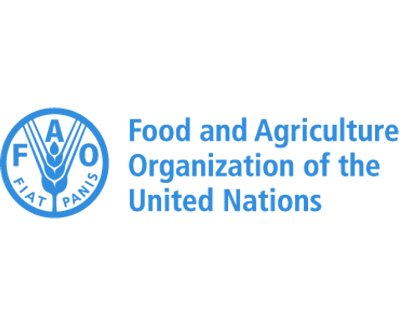
The Food and Agriculture Organization (FAO) is a specialized agency of the United Nations that leads international efforts to defeat hunger. FAO’s goal is to achieve food security for all and make sure that
people have regular access to enough high-quality food to lead active, healthy lives. With 195 members - 194 countries and the European Union, FAO works in over 130 countries worldwide. FAO Strategic Framework 2022-31 seeks to support the 2030 Agenda (SDGs) through the transformation to more efficient, inclusive, resilient and sustainable agri-food systems for better production, better nutrition, a better environment, and a better life, leaving no one behind.
The Kenya Red Cross Society (KRCS) was established on 21 December 1965 through the Kenya Red Cross Society Act. The organization's constitution is based on the Geneva Conventions of 1949 and the Additional Protocols of 1977 to which Kenya is a Party. Thematic areas of Work include Disaster Management, Health, Nutrition and Social Services, Organizational Development, Research, Innovations, Policy Advocacy and Capacity Building.
Village Enterprise's mission is to end extreme poverty in rural Africa through entrepreneurship and innovation. Our approach to economic inclusion centers around our cost-effective, one-year poverty graduation model. Partnering with Governments and other stakeholders, we explicitly target people living in extreme poverty, especially women, equipping them with the resources to create sustainable, income-generating businesses. Our program also facilitates savings within self-governing community savings groups that continue to operate even after our program ends.
Mercy Corps is a global team of humanitarians working together on the front lines of today’s biggest crises to create a future of possibility, where everyone can prosper.
In more than 40+ countries around the world, over 5,400+ team members work side by side with people living through poverty, disaster, violent conflict, and the acute impacts of climate change. We’re committed to creating global change through local impact — 84% of our team members are from the countries where they work.
KCB Group is registered as a non-operating holding company that started operations as a licensed banking institution on January 1, 2016. The holding company oversees KCB Kenya – incorporated with effect from January 1, 2016 – and all KCB’s regional units in Uganda, Tanzania, Rwanda, Burundi, Ethiopia and South Sudan. It also owns KCB Bancassurance Intermediary, KCB Capital, KCB Foundation, National Bank of Kenya and all associate companies. The holding company was set up to among other things enhance the Group’s oversight of operations of all its banking businesses and other incidental operations of the entities, limit liability, create synergies in operations and increase the Group's ability to access debt and equity capital.
The Bank was initially registered under the Co-operative Societies Act at the point of founding in 1965. This status was retained up to and until June 27th 2008 when the Bank’s Special General Meeting resolved to incorporate under the Companies Act with a view to complying with the requirements for listing on the Nairobi Securities Exchange (NSE).
Shares previously held by the 3,805 Co-operative Societies and unions were ring-fenced under CoopHoldings Co-operative Society Limited which became the strategic investor in the Bank with a 64.56% stake.
Catholic Relief Services carries out the commitment of the Bishops of the United States to assist the poor and vulnerable overseas. We are motivated by the Gospel of Jesus Christ to cherish, preserve and uphold the sacredness and dignity of all human life, foster charity and justice, and embody Catholic social and moral teaching as we act to: Promote Human Development by responding to major emergencies, fighting disease and poverty, and nurturing peaceful and just societies; and, Serve Catholics in the United States as they live their faith in solidarity with their brothers and sisters around the world.
Equity's key purpose is to financially empower and elevate communities at grassroots level throughout Africa. Through partnerships with organizations that share our vision and the provision of economic aid, we have transformed how our customer banks and provided access to financial resources that will change lives. We exist to transform the lives and livelihoods of our people socially and economically by availing them modern, inclusive financial services that maximize their opportunities. Our values are intrinsically weaved into our business, flowing through every aspect of our day to day and embracing it as our culture. They are reflections of what we believe in and as guiding principles provide a standard through which we measure ourselves.
By 2050, 20% of the global population will be over 60. Ageing is transforming the world, bringing both challenges and opportunities. The HelpAge Global Network is a unique worldwide alliance standing up for the rights of older people. With 171 members in 90 countries, the HelpAge Global Network is a truly international movement for change. We share one major goal: creating a fairer world for older people so they can live safe, healthy and dignified lives. HelpAge International unites like-minded organisations to collaborate and strengthen national, regional and global influence. We believe we are stronger together.
The Hunger Safety Net Programme (HSNP) is an unconditional Government cash transfer programme implemented by the National Drought Management Authority (NDMA) in eight poorest and arid counties, namely; Turkana, Wajir, Mandera, Marsabit, Garissa, Tana River, Isiolo, and Samburu. HSNP is one of four cash transfer programmes under the National Safety Net Programme (NSNP) collectively called Inua Jamii. HSNP Phase I was a pilot implemented between 2009 and 2013. It benefited 68,621 households
The Partnership for African Social and Governance Research (PASGR) is an independent, non-partisan pan-African not-for-profit organisation established in 2011 and located in Nairobi, Kenya. Currently engaged in more than 26 African countries, PASGR works to enhance research excellence in governance and public policy that contributes to the overall wellbeing of women and men. In partnership with individual academics and researchers, higher education institutions, research think tanks, civil society organisations, business and policy communities both in the region and internationally, PASGR supports the production and dissemination of policy relevant research
Through the Bank’s vision, the mandate is to inculcate a culture of savings to all Kenyans through the provision of affordable savings services. Postbank has carried out it’s mandate quite successfully, through expansion of it’s outreach and development of products and services that meet the expectations of its customers. This benefit has propelled success in penetrating the market considering that the Bank’s products do not attract maintenance and ledger fees thus enabling customers to save and enjoy high interest that is tax free.
Kenya is East Africa’s largest economy and the region’s centre for finance and IT, among other things. Kenya’s economy and the living conditions of its citizens continue to be negatively affected by some political unrest, corruption and recurrent droughts and floods. Sweden is working with the UN, the EU and others to help Kenya meet the 2030 Agenda, with a focus on green transformation and digitalisation. Sweden is increasing its support for the coordination of UN efforts in Kenya in order to strengthen Kenya’s focus on sustainability and compliance with the 2030 Agenda.
The mandate of the Street Families Rehabilitation Trust Fund is to:
Co-ordinate rescue, rehabilitation, reintegration & re-socialization(4Rs) activities for street families; Conduct public education on street families; Mobilize resources; Receive donations; Fund street families 4Rs programmes; M&E of programmes; Track expenditure& accountability of funds; Advise the government and other key agencies on matters relating to the rehabilitation of street families.
The Global Alliance for Improved Nutrition (GAIN) is a Swiss-based foundation launched at the United Nations in 2002 to tackle the human suffering caused by malnutrition. Working with governments, businesses and civil society, we aim to transform food systems so that they deliver more nutritious foods for all people, especially the most vulnerable. GAIN’s work in Kenya is focused on improving the availability and consumption of nutritious safe food for everyone, especially the most vulnerable to malnutrition, in a sustainable way. We are improving nutrition for all by catalysing food systems transformation.



